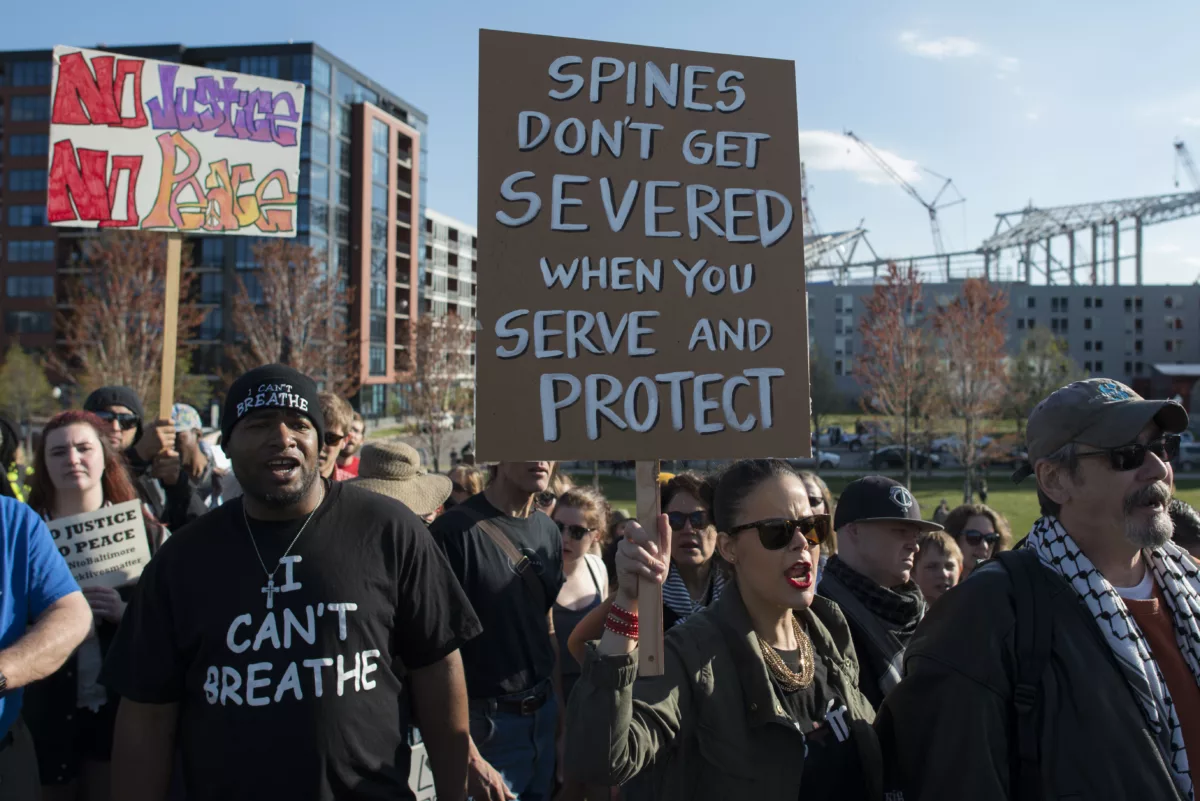
‘They Killed Freddie Gray’: New Book Reveals Dark, Hidden Truth About Gray’s Death
In her new book, “They Killed Freddie Gray”, Justine Barron reveals much of what the public has believed about Gray’s death is incorrect.

In her new book, “They Killed Freddie Gray”, Justine Barron reveals much of what the public has believed about Gray’s death is incorrect.

A bill passed by the state legislature, but yet to be enacted, would offer access to counsel for low-income renters.
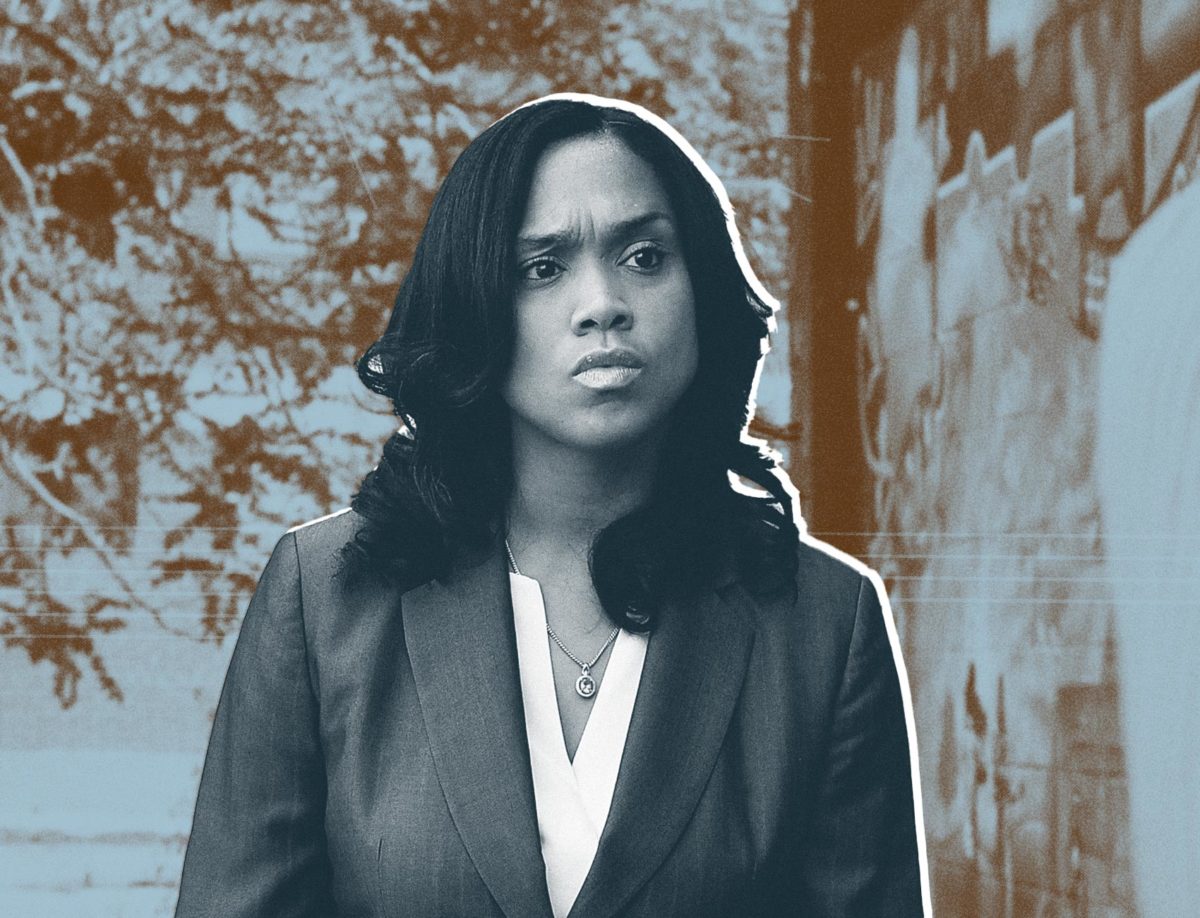
Prosecutors across the country have begun declining low-level cases in an effort to reduce racial inequity and to slow the spread of the COVID-19 pandemic.
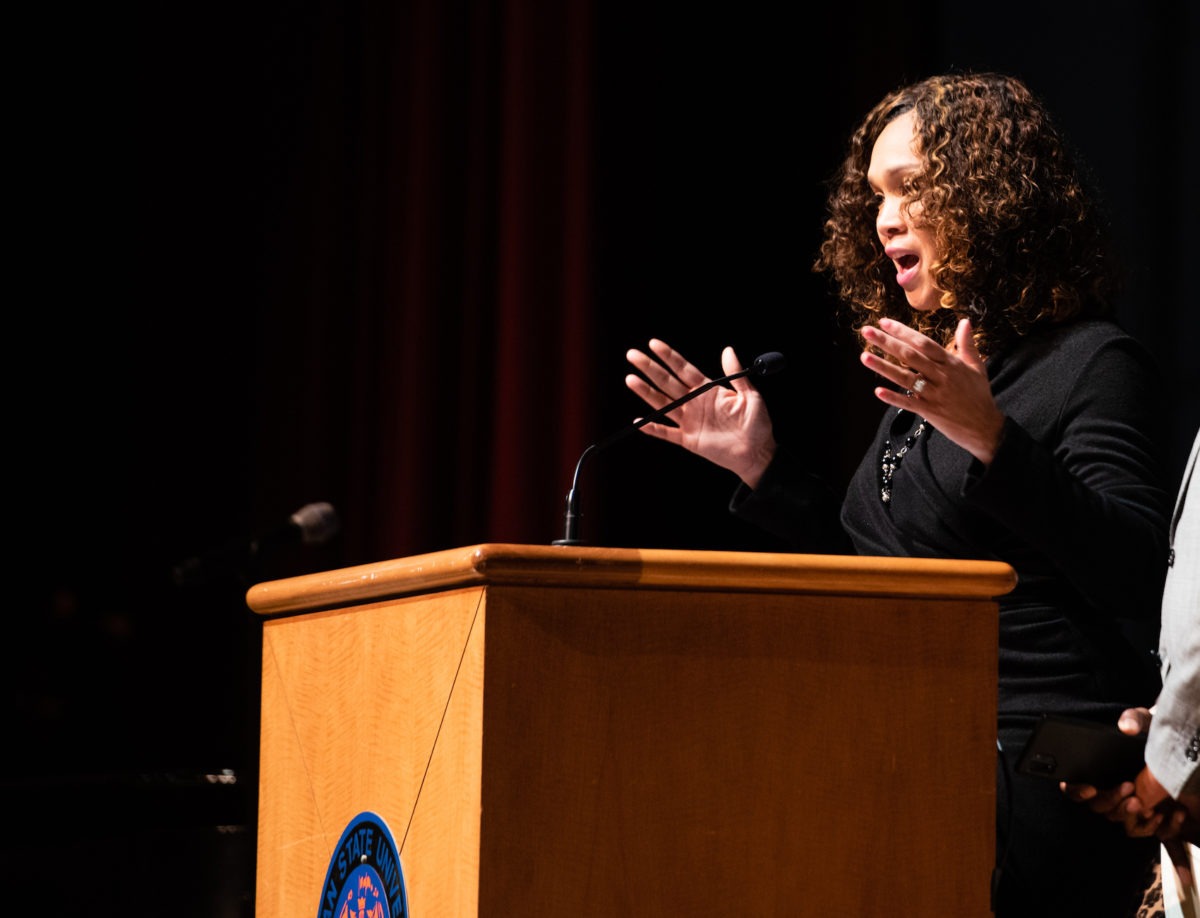
A new diversion program will allow people charged with driving with a suspended license or without insurance to avoid jail time and fees.
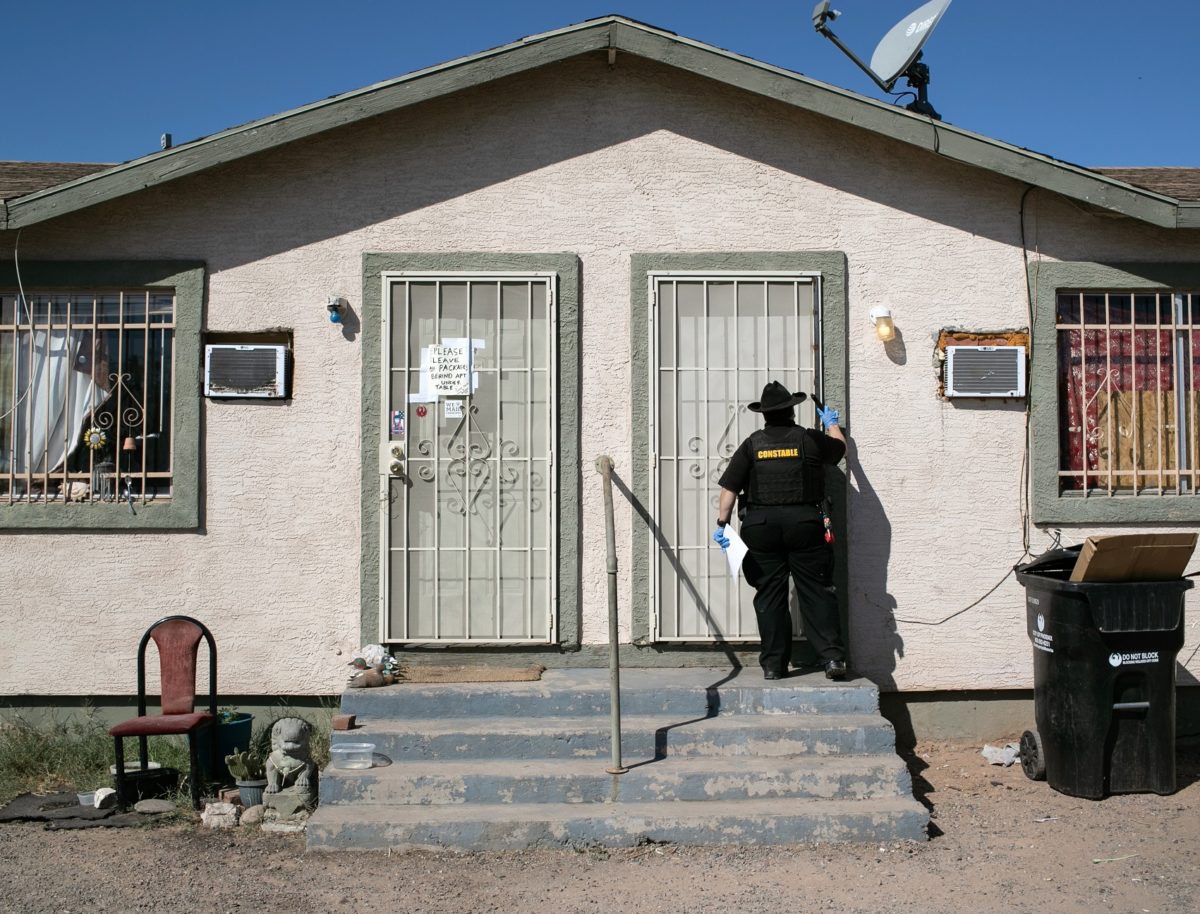
Numerous city councils and state legislatures are debating giving renters a right to counsel, which can make the difference between stability and catastrophe.
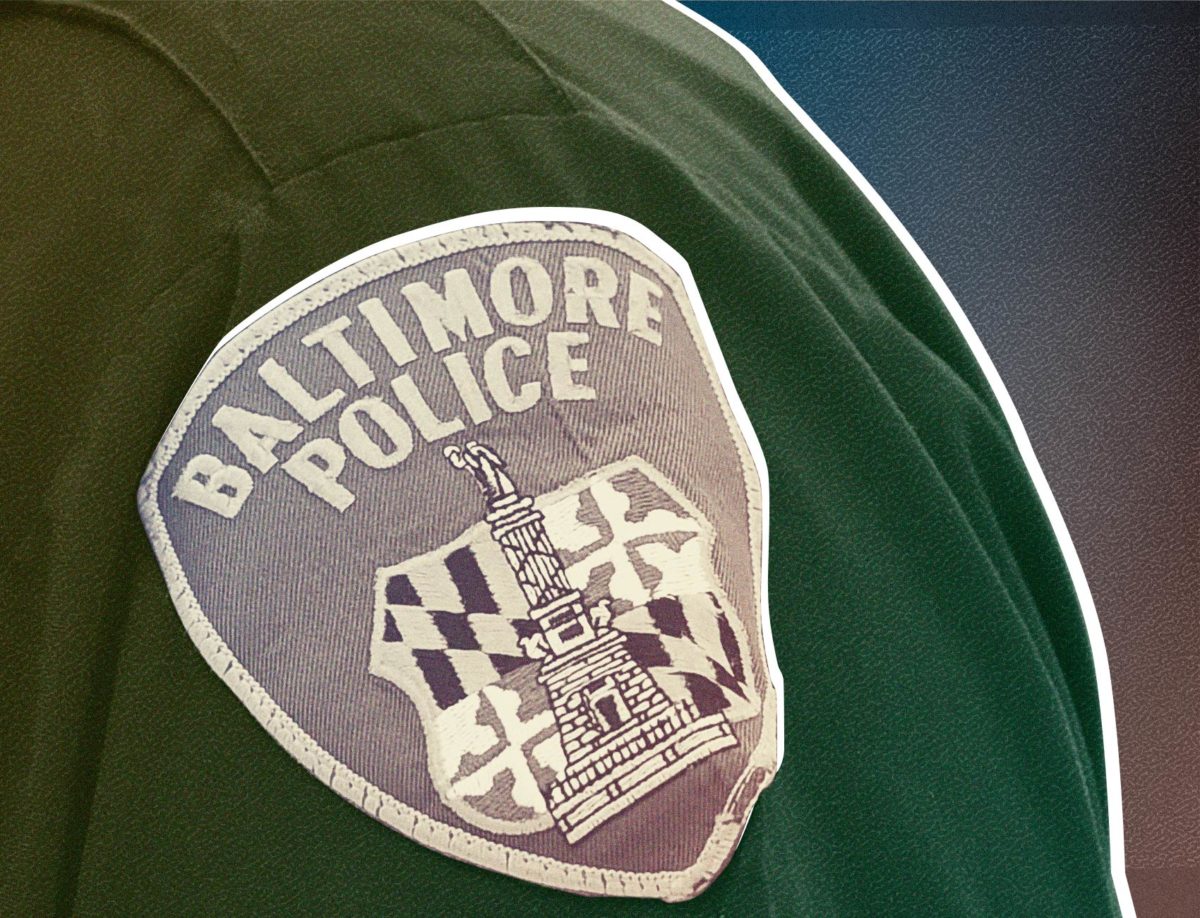
A new report de-anonymizes hundreds of officers in the city and shows more than 1,800 cops have had complaints filed about them.
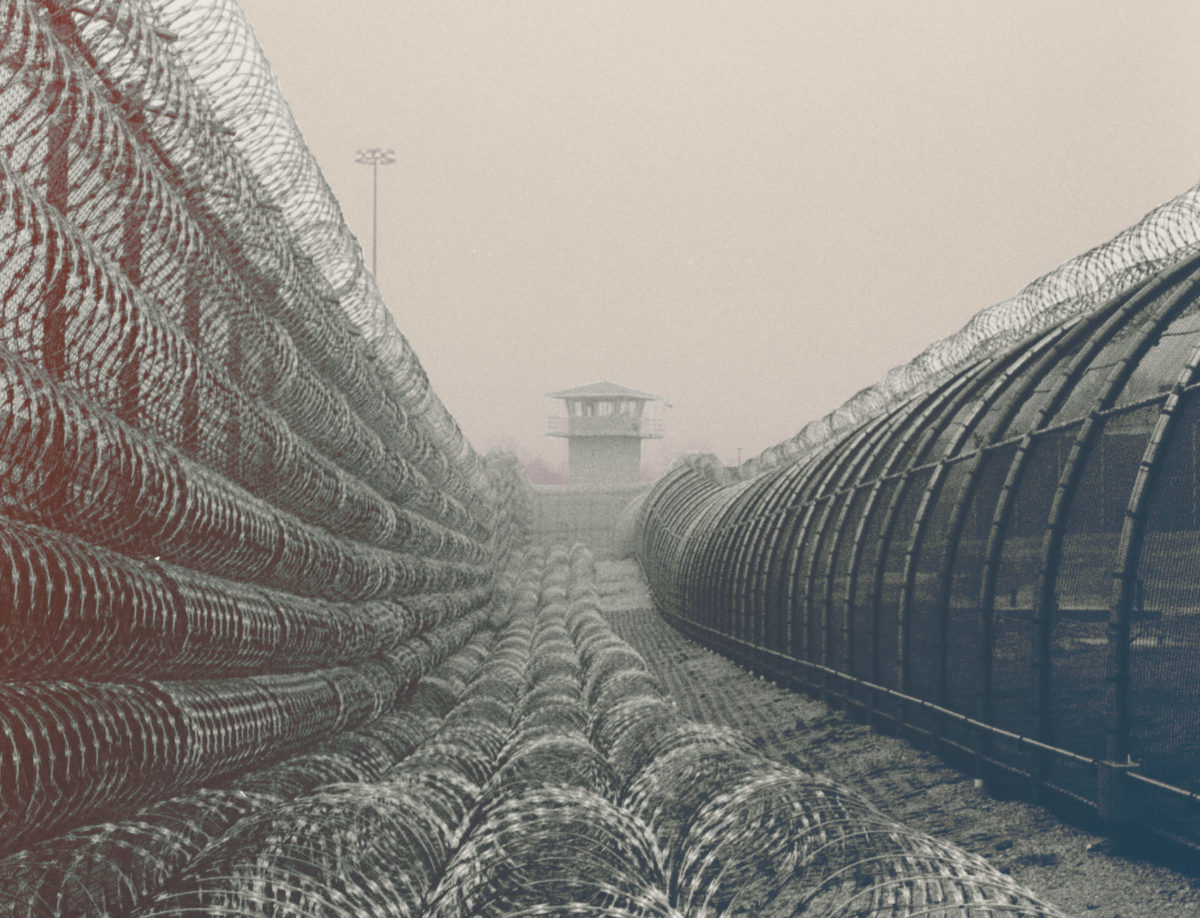
An Appeal analysis shows that the percentage of people held without bond remains steady, at roughly 33%, although arrests are down during the pandemic.

The 2015 shooting left Keith Davis Jr. with respiratory issues. His defense attorney says that as he appeals his case he should be freed from prison.

On the anniversary of the Baltimore Uprising protests, new evidence in Gray’s death uncovers suppressed witness accounts of police brutality.
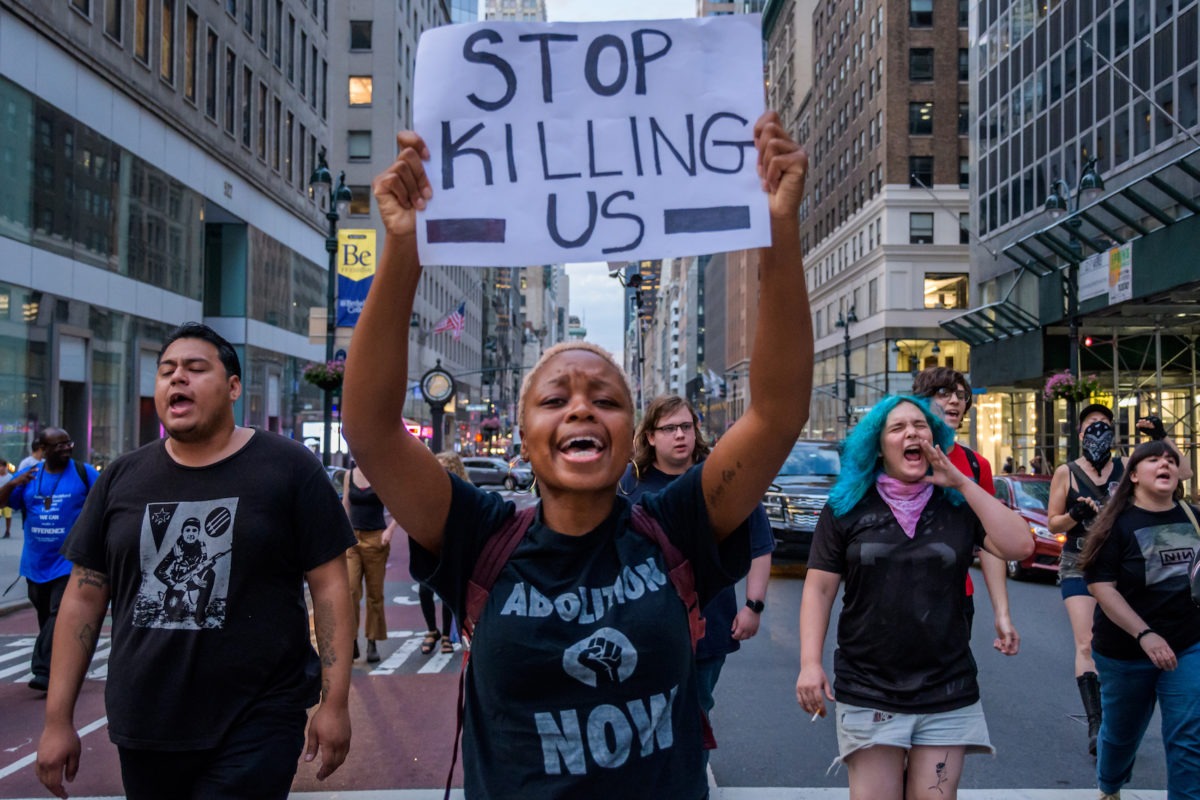
Josie Duffy Rice and guest co-host Darnell Moore talk with Sherrilyn Ifill about policing, civil rights, the criminal justice system, and more.
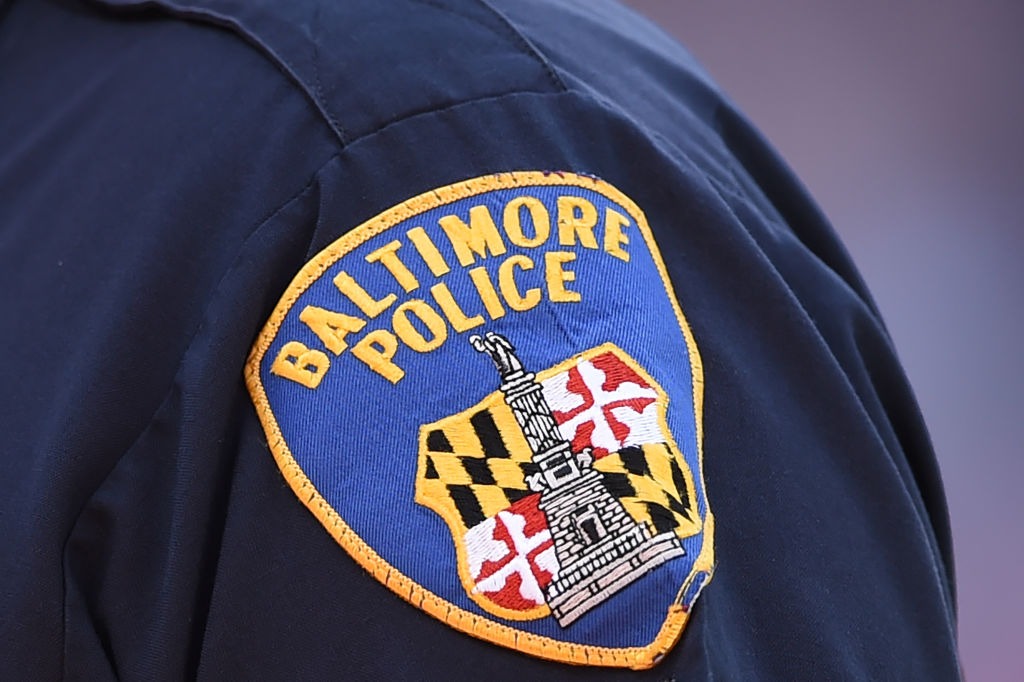
Jawan Richards was shot by Baltimore police and hit with gun and assault charges stemming from the incident. His defense attorneys now say video evidence may exonerate their client.
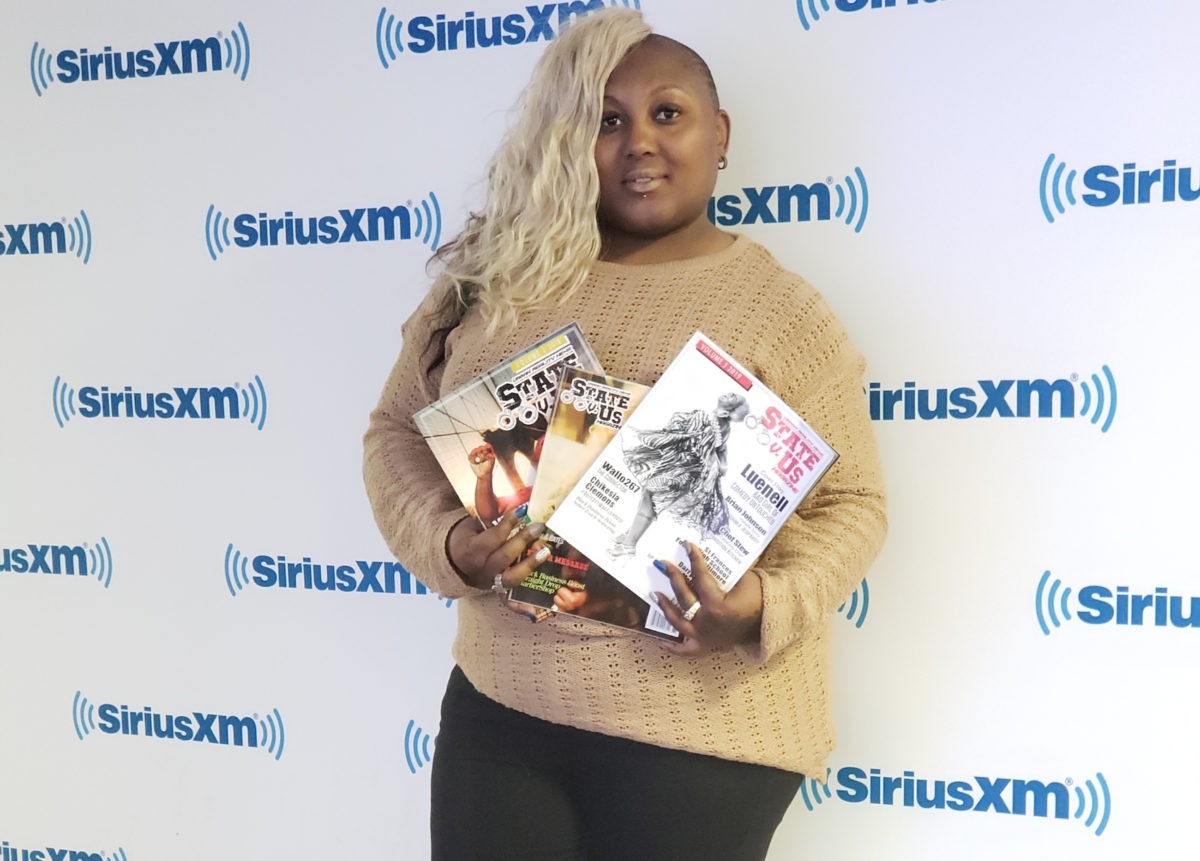
Tia Hamilton’s State v. Us focuses closely on the criminal legal system, especially as it applies to people of color, who are statistically overrepresented in the carceral system.
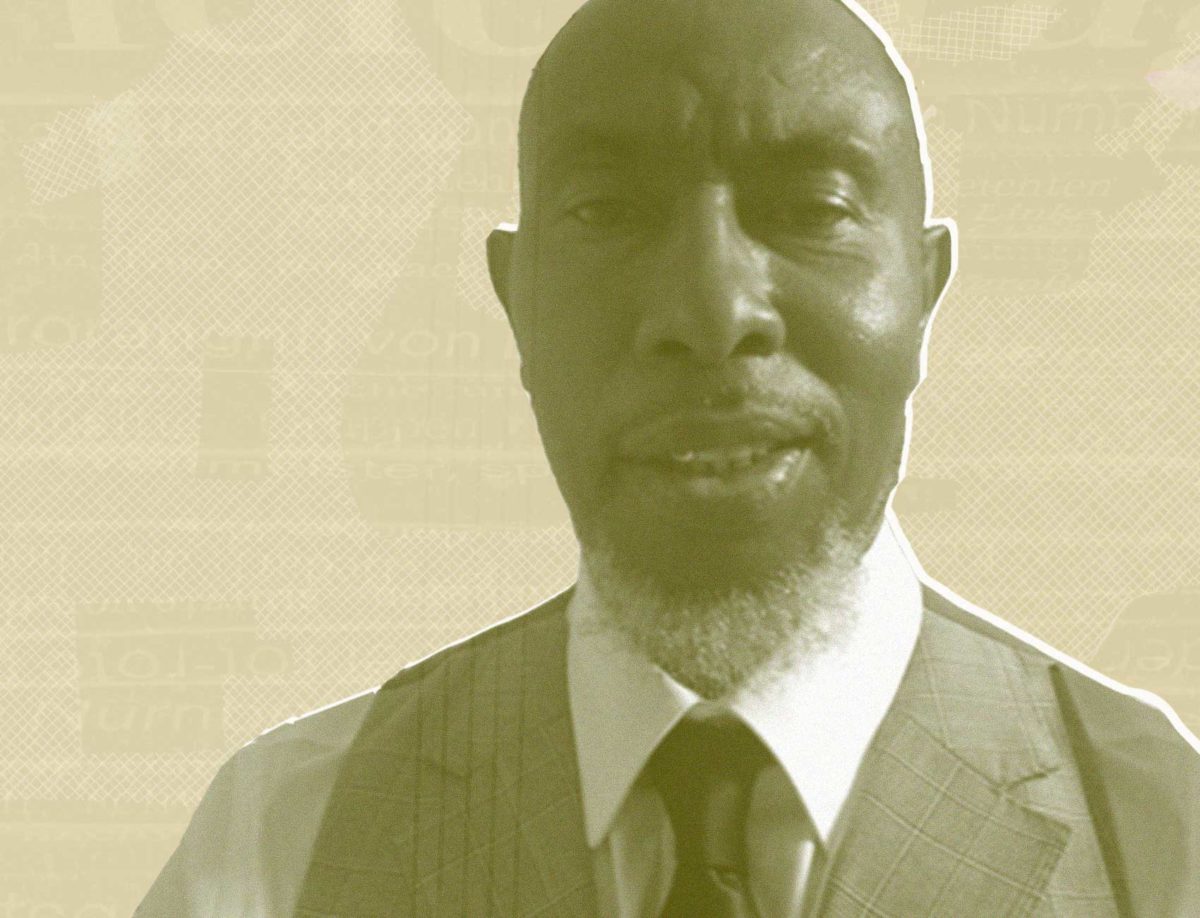
Convicted in 1982 in a murder case in which exculpatory evidence was not shared with his attorneys, Wendell Griffin now calls on State’s Attorney Marilyn Mosby to clear his name.

Alternative approaches to rehabilitation and healing still face resistance, even though the criminal legal system’s reliance on punishment has done little to move the needle on addressing sexual violence.

A close examination of a poll backed by a business group reveals loaded questions, undisclosed conflicts of interest, and the shortchanging of very real privacy concerns.

The Crescent City is in the final stages of a multimillion-dollar federal police reform process. Here‘s why it and other programs like it fail to achieve real reform.

The sensationalist coverage of a handful of fights highlights local media’s misplaced priorities.
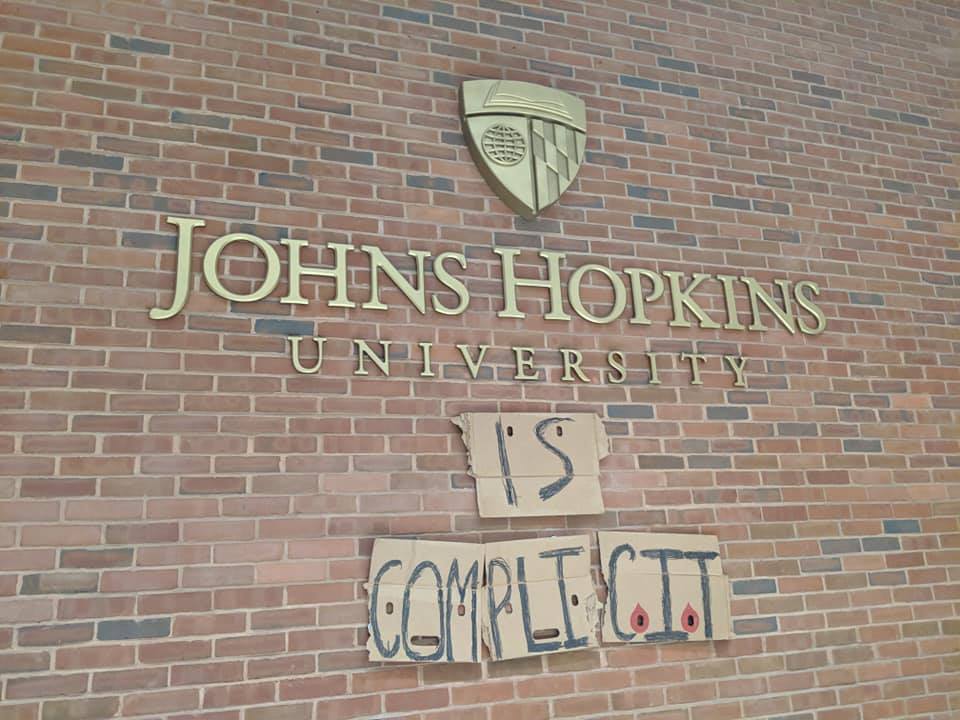
A former Baltimore officer says the Hopkins plan should be viewed skeptically because campus police have a history of deadly force and its officials come from troubled Baltimore Police units.
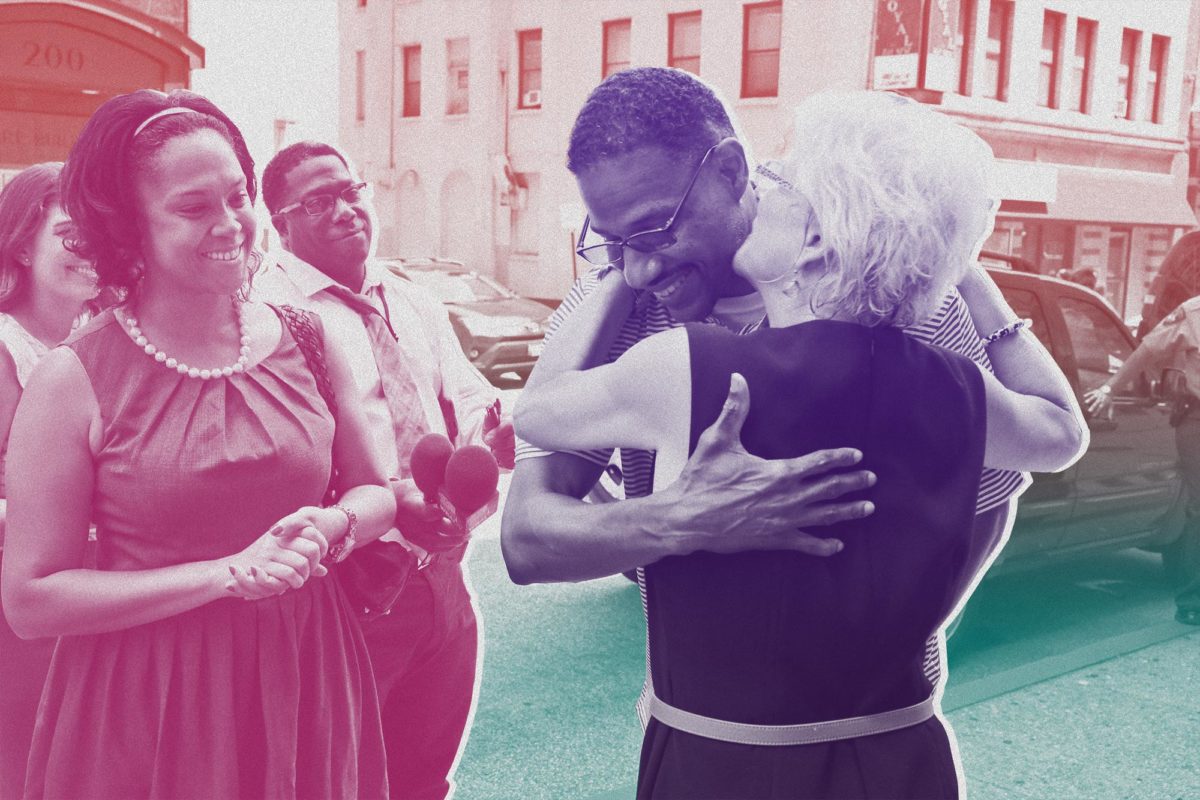
With Appeal contributor Amelia McDonell-Parry

Attorneys for a man exonerated in a Baltimore murder say detectives suppressed exculpatory evidence and that the police’s homicide unit has a pattern and practice of similar conduct in decades of cases.
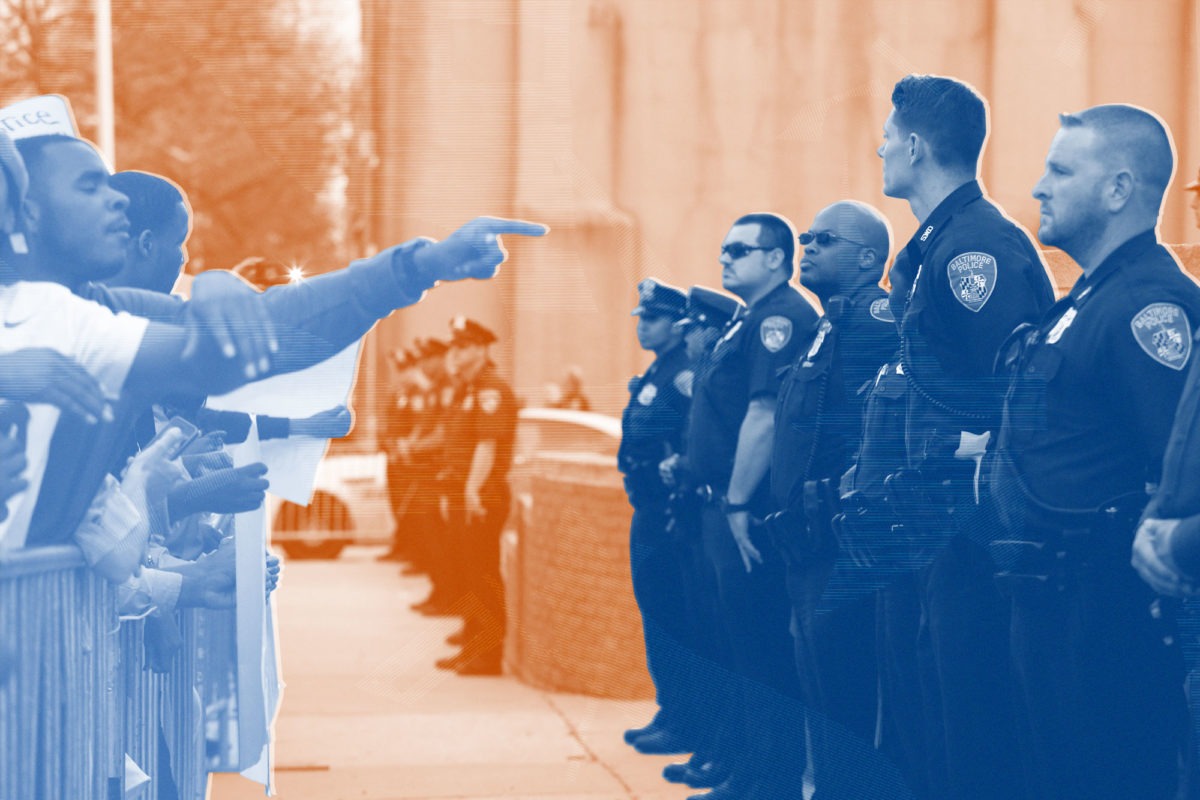
A former Baltimore Police officer says it’s time for the department to stop wasteful, harmful marijuana arrests, especially after Baltimore State’s Attorney Marilyn Mosby’s announcement that her office would not prosecute cases of possession.

Dismal police accountability has made communities vulnerable to private vendors.

Established to track anyone convicted of a gun-related offense, the registry has proved to be both racist and ineffective in reducing gun violence.
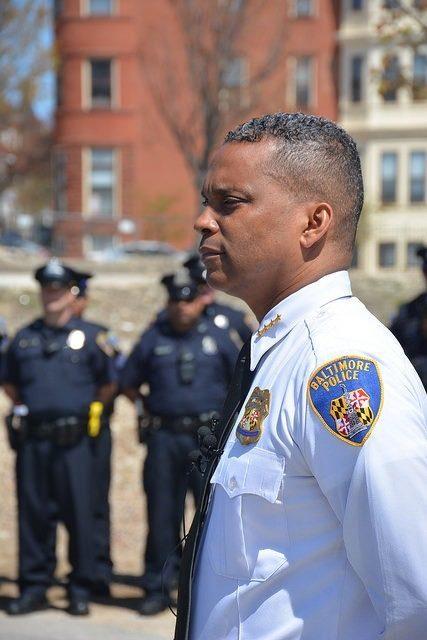
After the Gun Trace Task Force scandal rocked the police department, plainclothes policing was spurned. But a recently resigned commissioner championed plainclothes units, a decision the department seems to be sticking with.
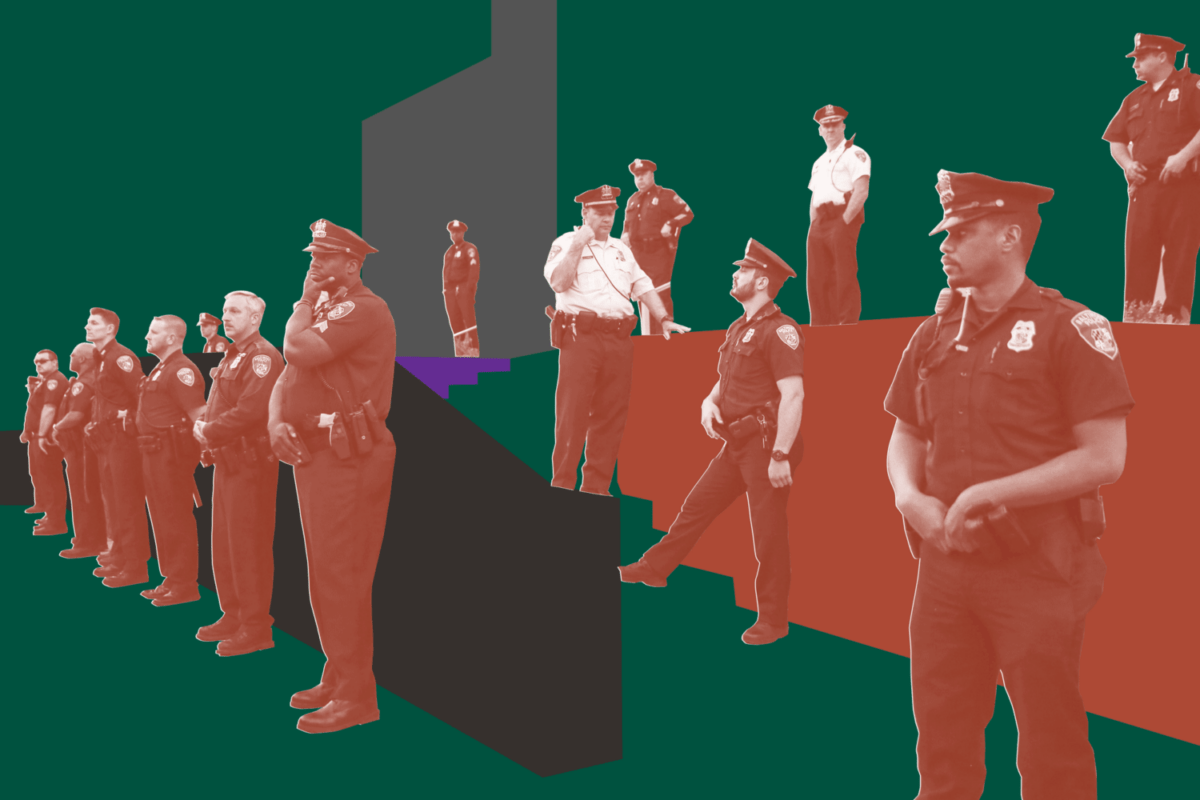
A former Baltimore cop questions how a department with a nearly half-billion-dollar budget that is riven by rampant corruption and brutality, bloated overtime spending, and unaccounted for patrol officers can continue to justify its existence
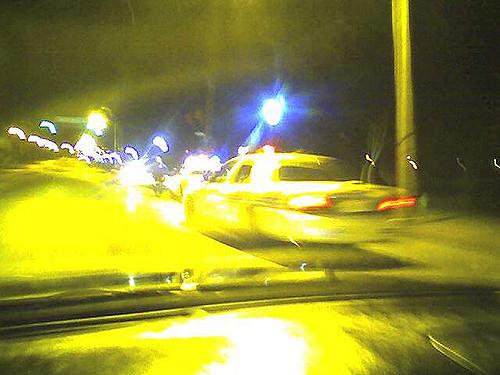
A onetime gang liaison for the Baltimore Police Department writes that its database is racist and error-ridden.
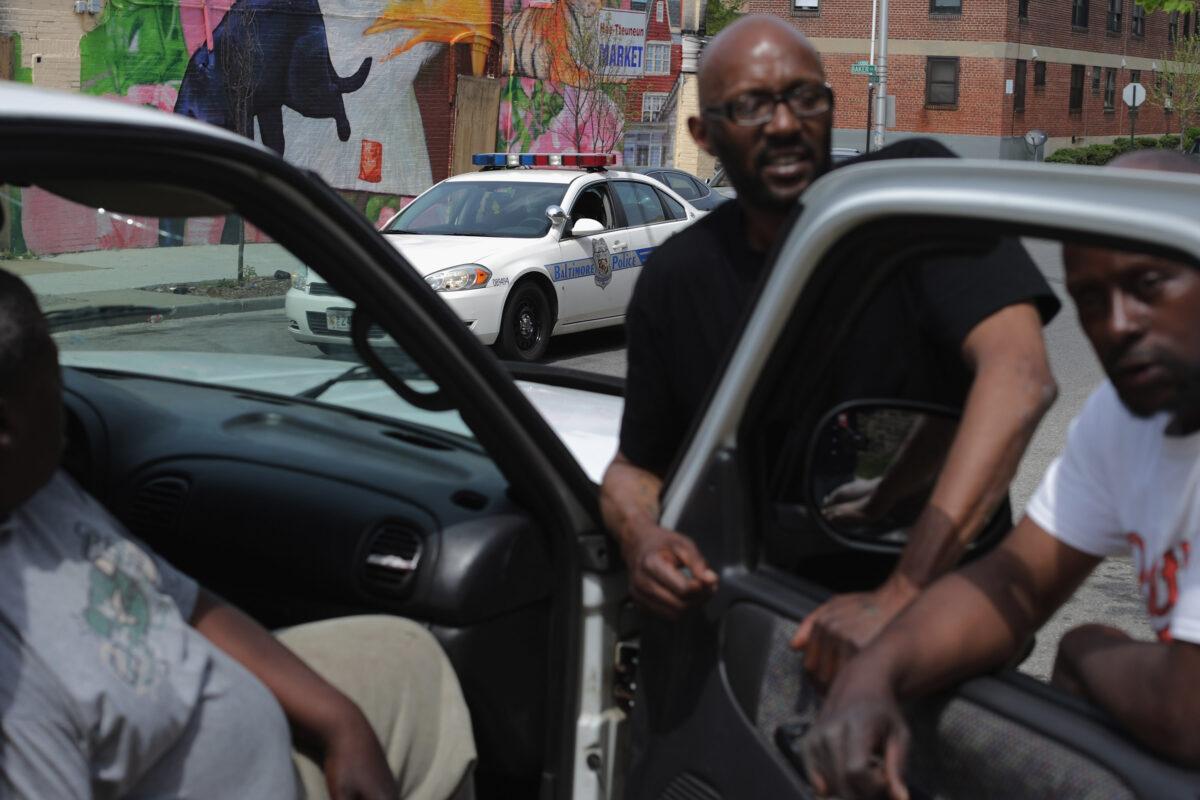
A former Baltimore Police officer says that a plan to flood the streets with local and federal law enforcement is likely to yield more of the same ineffective ‘broken windows’-style arrests.
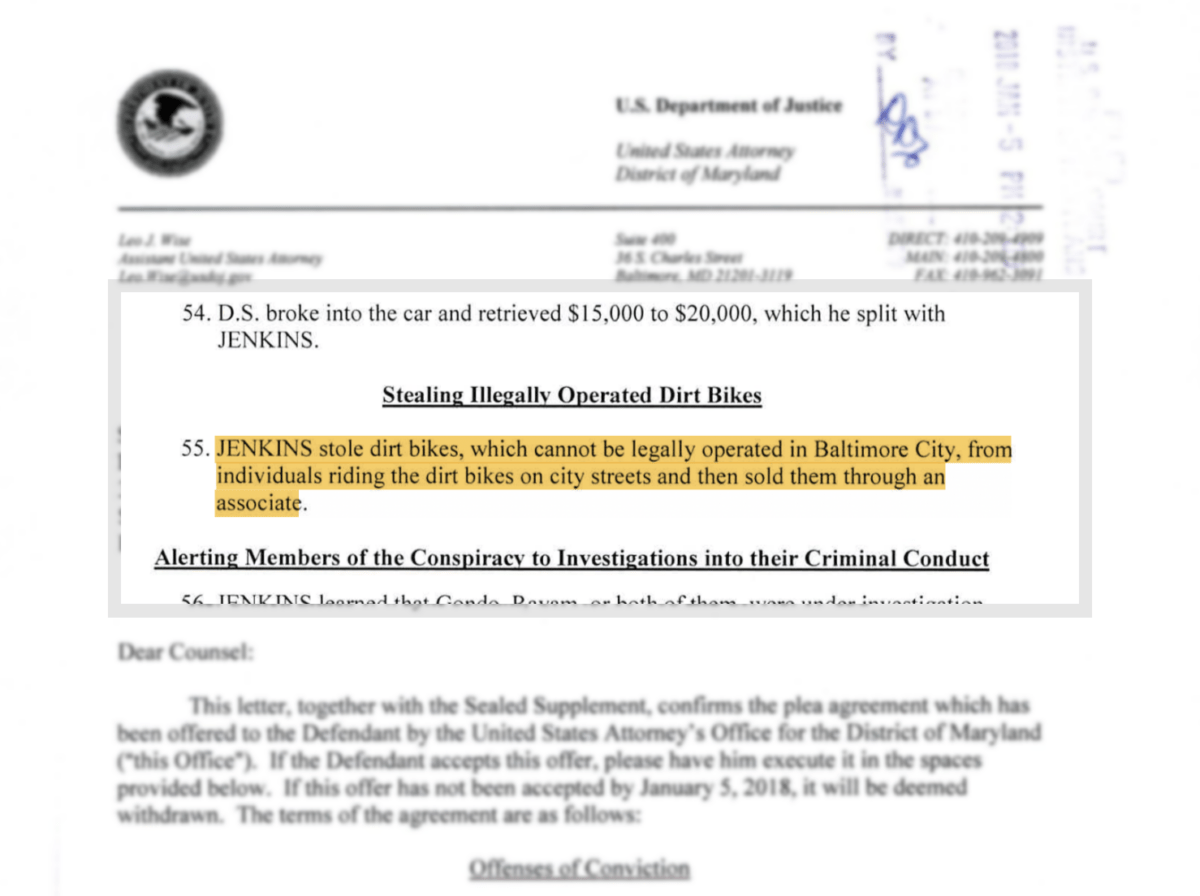
On January 5th, Baltimore Police Sergeant Wayne Jenkins entered a guilty plea in federal court on an array of charges such as racketeering, conspiracy, and robbery. Sergeant Jenkins is just one of eight indicted members of the Gun Trace Task Force (GTTF), a specialized unit focused on getting guns off the streets. The list of crimes Jenkins […]
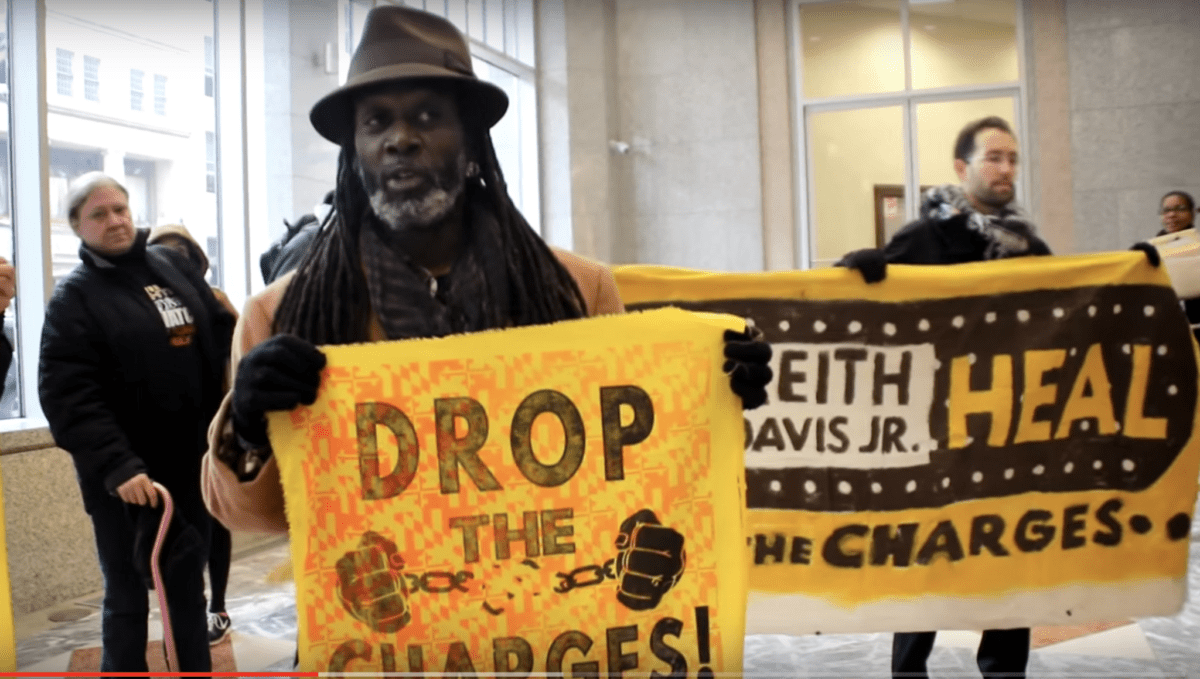
“Victory,” the Baltimore State’s Attorney’s Office tweeted in October after Keith Davis Jr. was found guilty of second-degree murder. Keith’s wife Kelly and members of the activist group Baltimore Bloc who have been advocating for Davis for years called attention to the language: the SAO, headed by celebrated, purportedly progressive prosecutor Marilyn Mosby, best known for indicting the six […]
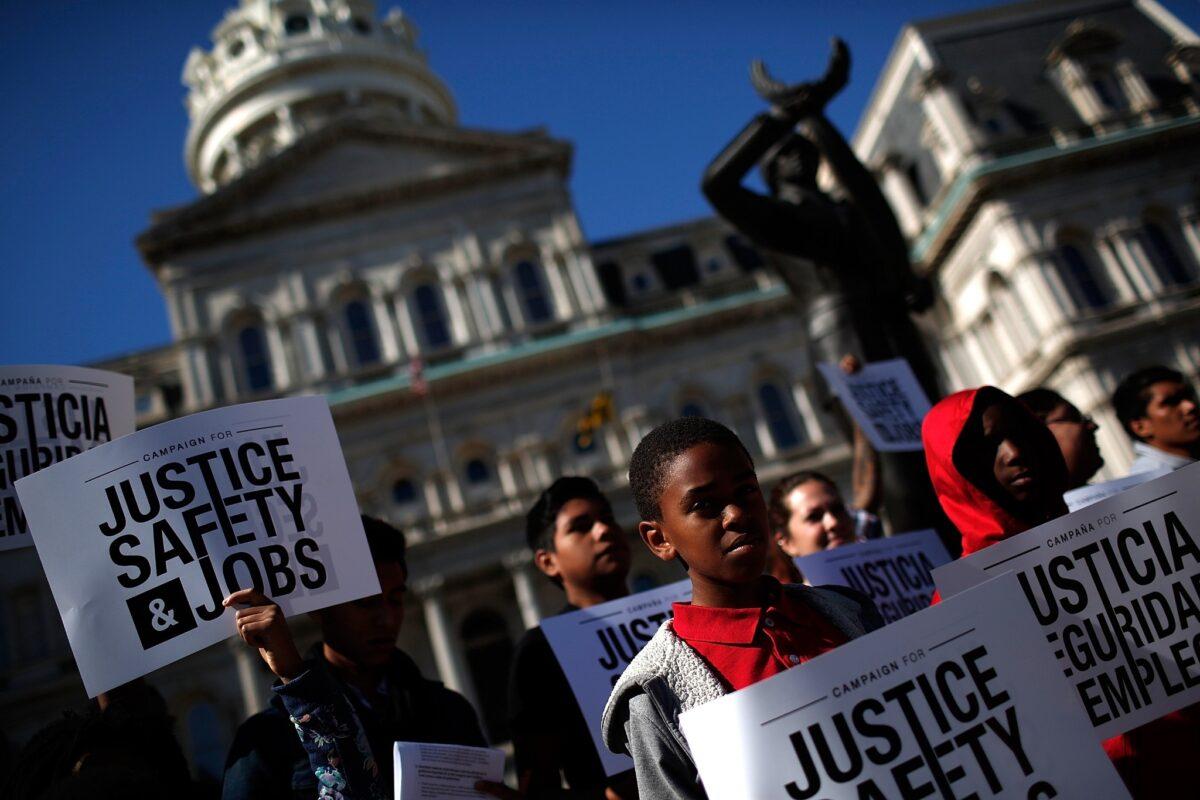
Once again, police are vilifying kids.
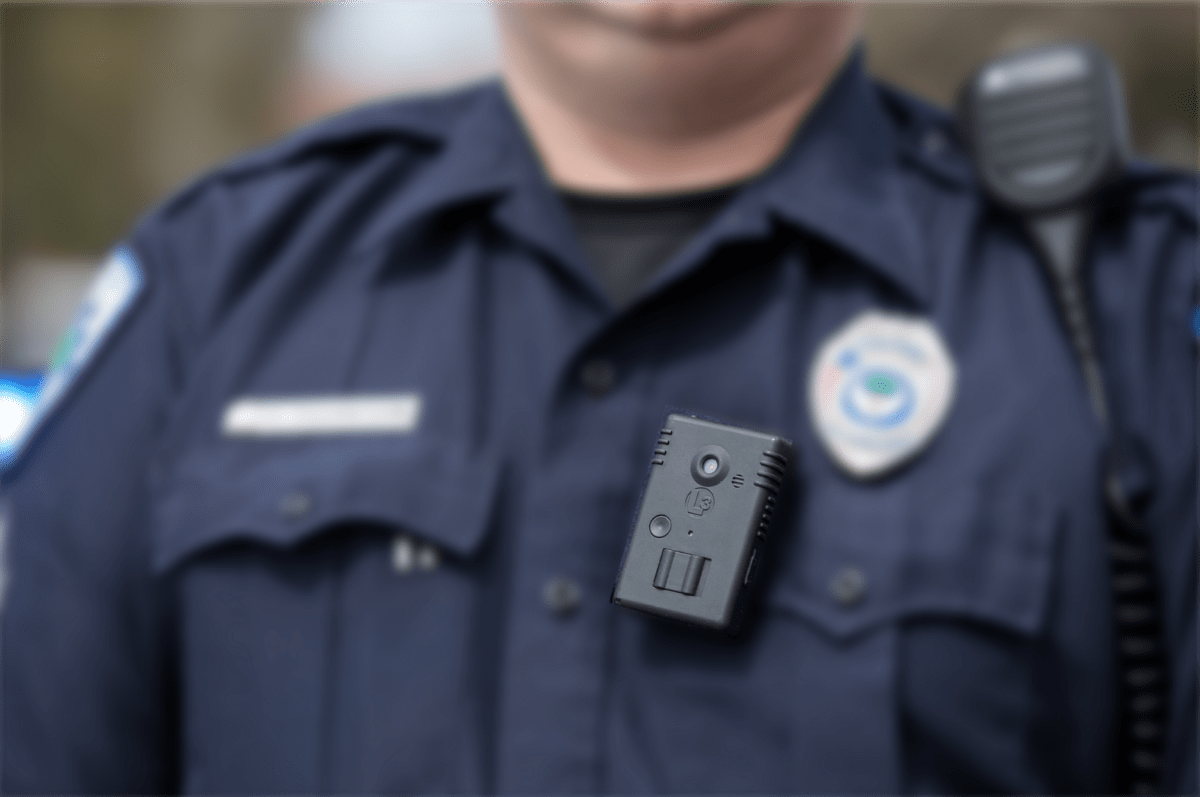
In the last month, the Baltimore Police Department has been rocked by accusations that officers are staging or “reenacting” the discovery of drugs for the benefit of capturing, after the fact, the seizure of evidence on their body cameras. In response, Baltimore County State’s Attorney Marilyn Mosby has decided to drop the charges in those cases — and possibly hundreds of […]
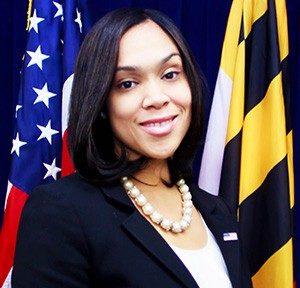
Kelly Davis remembers it clearly. It was early May 2015, and she was standing in the waiting room of her doctors’ office. On the radio, the voice of Baltimore’s new State’s Attorney, Marilyn Mosby, rung out. Mosby announced that Freddie Gray’s death had been ruled a homicide, and her office would bring criminal charges against the […]
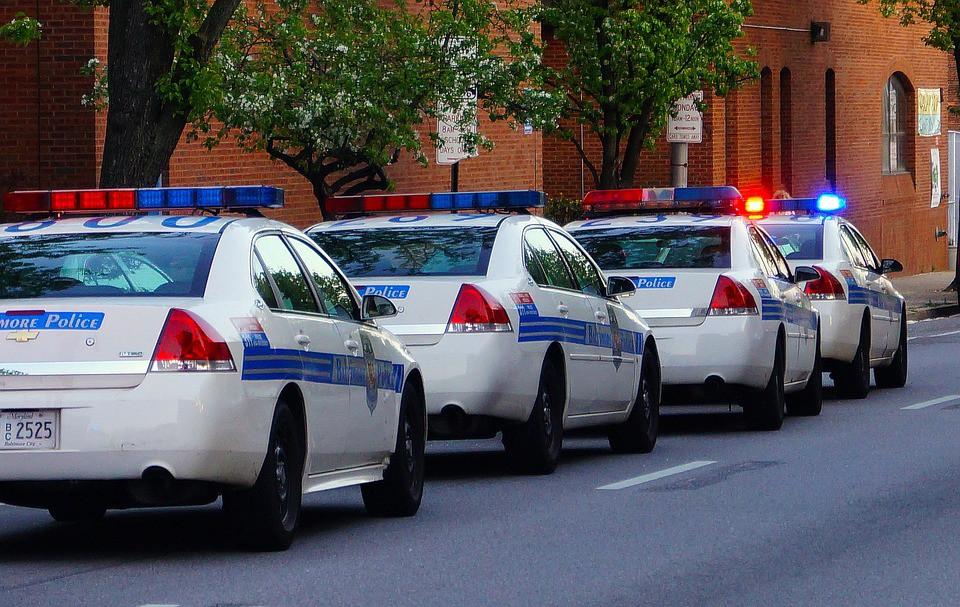
In response to an increase in violent crime, lawmakers, law enforcement, and various community members in Baltimore, Maryland are considering a plan that has proven ineffective at reducing crime for decades: mandatory minimum sentencing. Under a proposal announced last Friday, people caught in possession of an illegal firearm within 100 yards of a public space— including […]